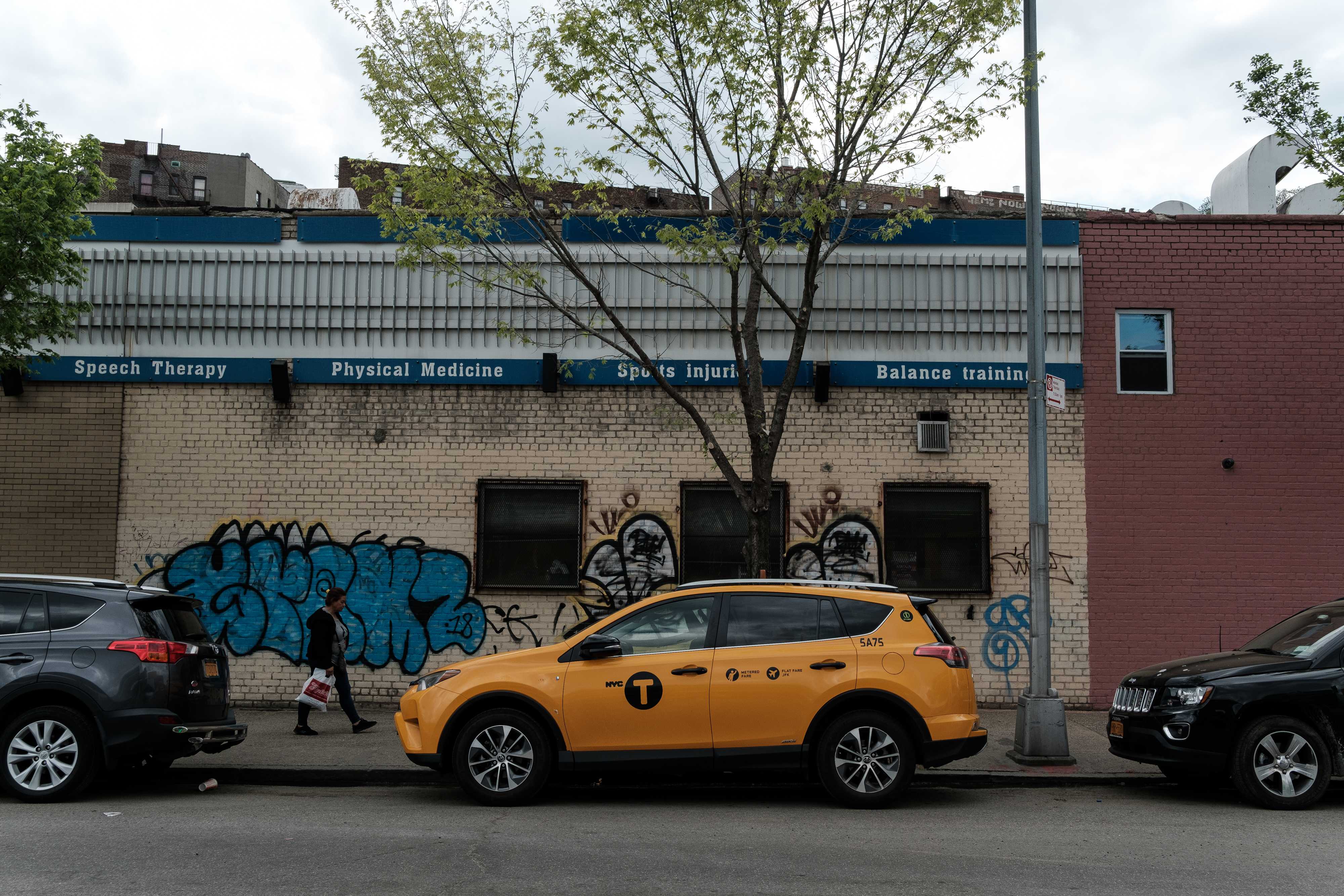For years, taxi drivers in New York City, many of them immigrants, have taken out loans against their taxi medallions, the treasured city documents that allow drivers to legally operate a taxicab. A taxi medallion was viewed as safe and secure collateral for those loans.
Since 2013, however, and the arrival of app-based ride-hailing services like Uber and Lyft, the value of those medallions has plummeted and along with it the fate of the biggest holder of medallion loans, Queens-based Melrose Credit Union. Paired with a history of mismanagement, the downturn shoved Melrose to the brink of collapse, and in February of last year, it was officially placed into NCUA stewardship, the federal agency that oversees credit unions.
In a little-noticed statement last month, the NCUA announced that it had “made the decision to liquidate Melrose and discontinue its operations after determining the credit union was insolvent and had no prospect for restoring viable operations.” Many of Melrose’s assets and liabilities were transferred to the Teachers Federal Credit Union (TFCU). But an NCUA spokesman John Fairbanks confirmed that the medallion loans had not. Instead, they have remained with the federal government for servicing and collection.
That has left the future of perhaps as much as $833 million in loans in doubt as well as that of the often desperate drivers who borrowed against their medallions.
“The NCUA’s Asset Management and Assistance Center is managing the portfolio of taxi-medallion-secured loans, which includes servicing,” Fairbanks wrote in an email to Documented. He said that Melrose members had been notified about the liquidation, but declined to discuss whether the terms of any loans had changed, saying the information was confidential.
The exact number and total value of outstanding medallion-backed loans isn’t clear. Documents filed by Melrose with the NCUA in June listed 2,682 “non-real estate secured commercial loans,” which Fairbanks confirmed is the designation that taxi medallion-secured loans would fall under. Given Melrose’s history in the taxi medallion business, it’s likely most if not all of these are medallion-backed loans. Melrose listed their total value at just over $833 million, down from $1.24 billion in June of last year.
Whether the medallions are now worth more or less than the debt isn’t clear. But many drivers took out loans in the six figures. The drop in medallion values could mean that many drivers are under water on the loans—meaning they owe more than the medallions are worth. Many in the taxi industry say such financial distress contributed to a rash of driver suicides over the summer.
The New York City Council recently passed measures limiting the proliferation of app-based for-hire vehicles, but the changes might only slow the medallions’ devaluation, not stop it. Drivers have also complained that Melrose became less receptive to renegotiation after it fell under the stewardship of the federal government.
Standing outside a City Council committee on for-hire vehicles hearing on Tuesday, Bhairavi Desai, the president of the New York Taxi Workers Alliance — a union that represents 18,000 drivers — said that “once [Melrose] was taken over by the government, it became more aggressive. It was uncooperative with the drivers.” Desai said she didn’t yet know whether the NCUA directly would be more open to negotiation.
That Council committee hearing included the introductions of multiple bills related to taxi drivers. These include Int 1069-2018, which calls for the Taxi and Limousine Commission (TLC), the body that regulates the industry in New York City, to “study the problem of medallion owners with excessive debt due to the decline in medallion value” and then “determine appropriate actions to address such problem;” and Int 1081-2018, which would require the TLC to “establish one or more driver assistance centers to provide services and information to drivers, including financial counseling, mental health counseling and referrals to non-profit organizations for additional assistance.”
补偿终止但盗窃不止!纽约近9千起粮食券被盗案难获赔
If these bills were to become law, they could task the TLC with assisting drivers and acting as a de facto middleman between taxi drivers drowning in debt and the federal government. In an email, a spokeswoman for the TLC said it was “too early” to gauge the impact that the Melrose dissolution might have on drivers or on the agency.
Manhattan Council member Mark Levine, who introduced the TLC study bill and co-founded and ran a community credit union before his election, said that NCUA itself was “partly culpable” for Melrose’s travails by allowing such a concentration of medallion-backed debt to be held in one place. “In order to sell these loans to a responsible lender, [NCUA] are going to have to give that institution the flexibility to refinance them, which could be a lifesaver for the drivers but also could be good for the institution long-term,” Levine said.
Levine said he hadn’t yet spoken directly to anyone at NCUA about their plans, but that it was his understanding that TFCU had refused to accept the medallion-backed loans. The TFCU did not return requests for comment; a voicemail message left with the legal department at Melrose was not answered.
“That’s only going to tighten the vise on drivers, and the fact that [TFCU] refused these assets as part of their assumption of the failed Melrose Credit Union should make us worried that these loans are going to be stuck with NCUA indefinitely,” Levine said.















